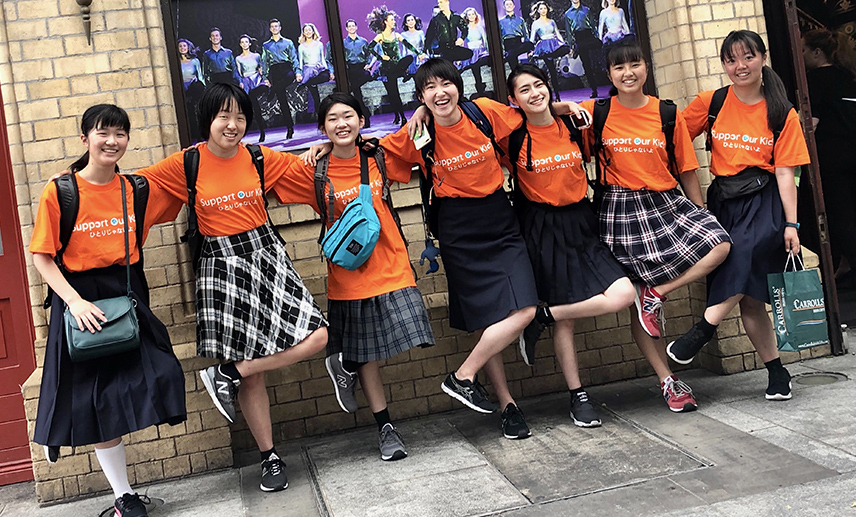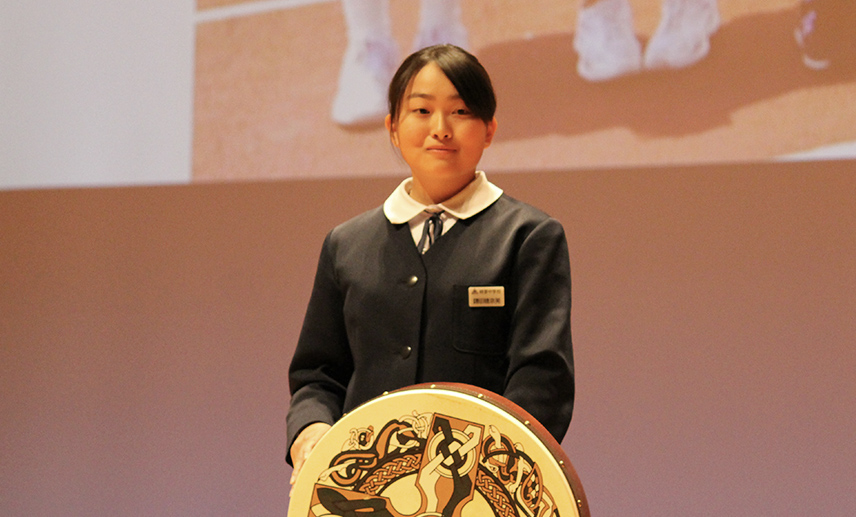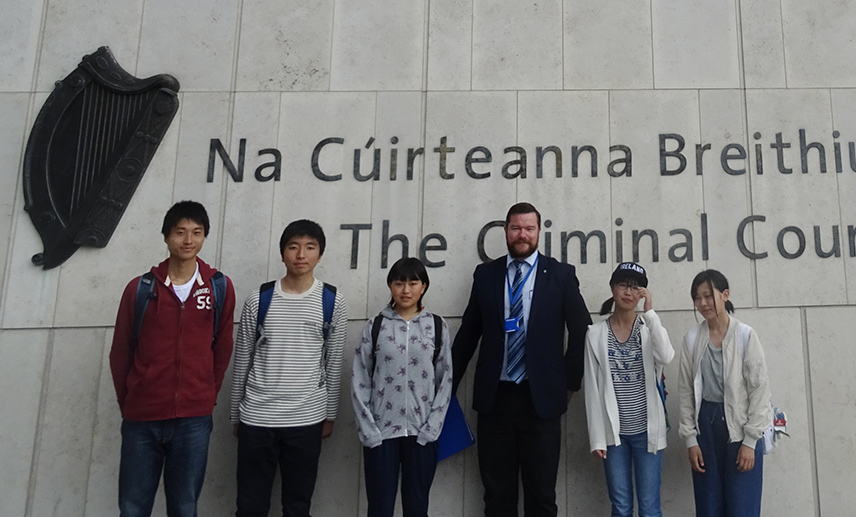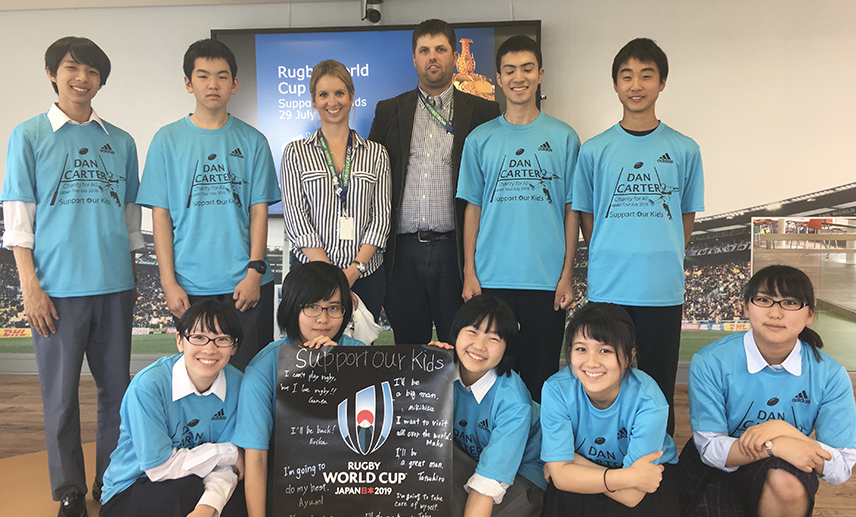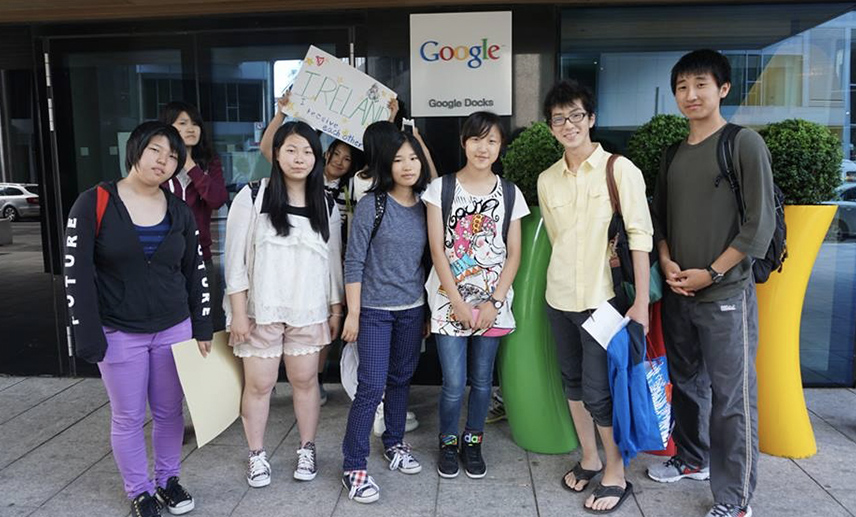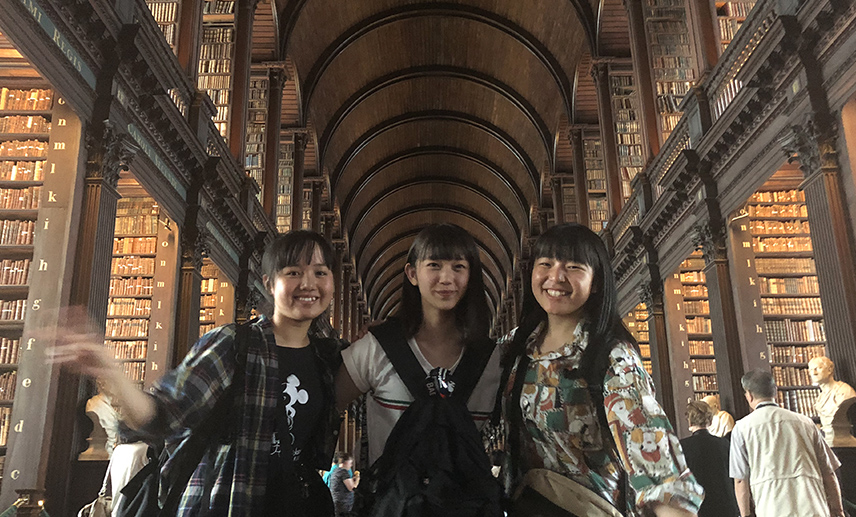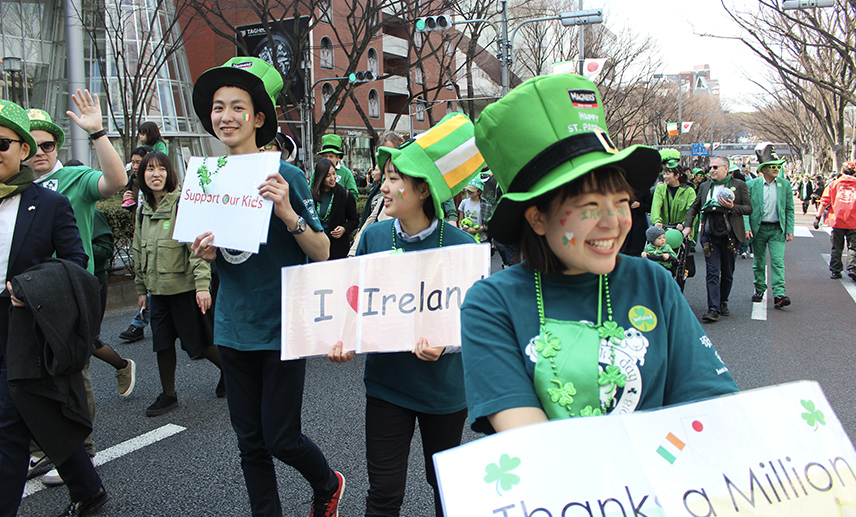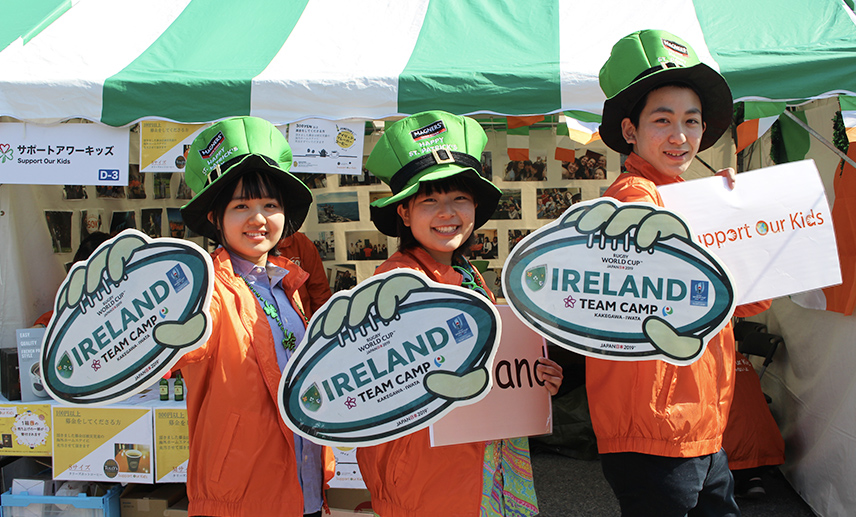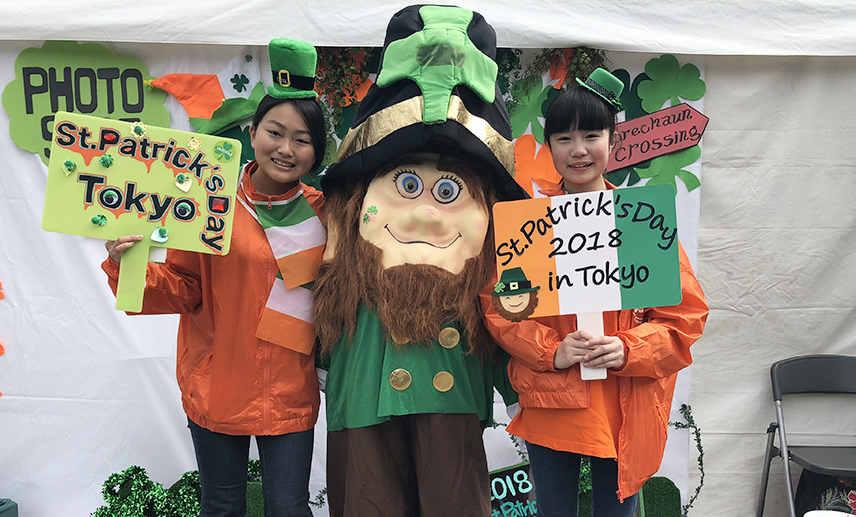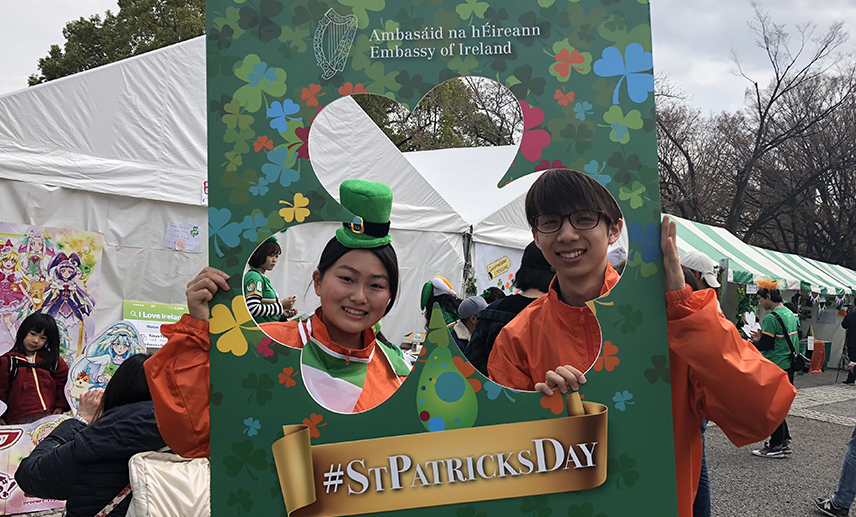Support Our Kids支援国
SUPPORT PUR KIDS SUPPORTING COUNTRIES
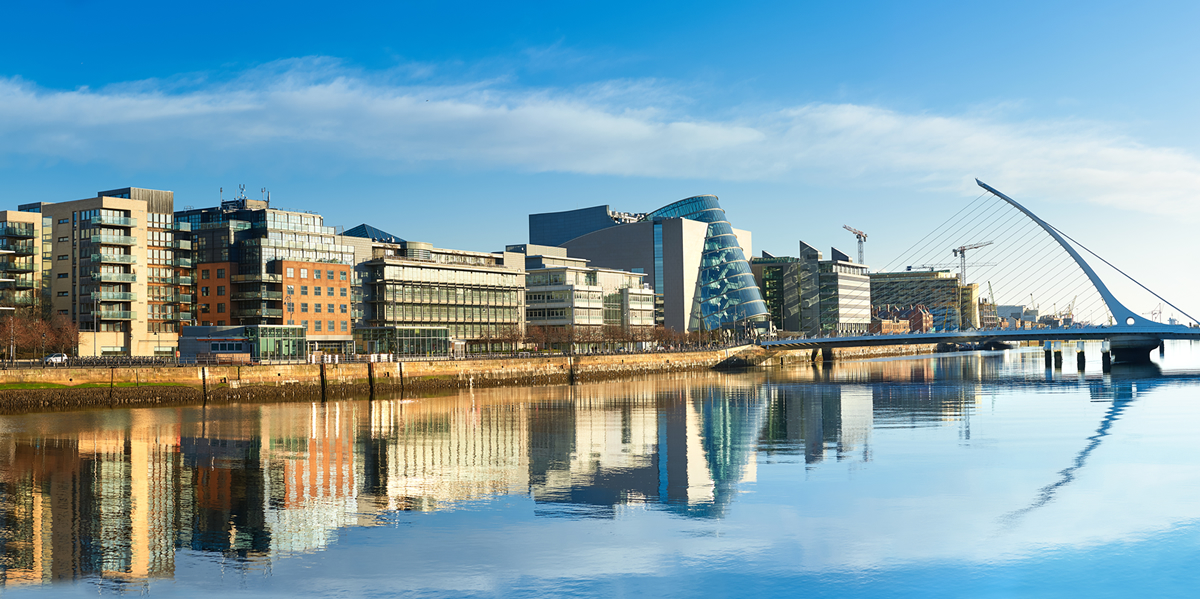
SUPPORTING COUNTRIES
アイルランド
Ireland
![]()
 佐藤幹尚/宮城県/アイルランドプログラム2016参加
佐藤幹尚/宮城県/アイルランドプログラム2016参加
伝統の復興と刷新
2011年に発生した東日本大震災から現在までの東北の目指している姿と、約100年前に独立を果たしてから現在におけるアイルランドの歩みには共通点がいくつかあると現地で学びました。
東北の現状
かつて震災によって甚大な被害を受けた女川駅前の新開発や閖上朝市のリニューアルオープンのように場所や建物をただ復興させるだけではなく、新しいありかたを模索するというトレンドがあると思います。これによって震災前かそれ以上の観光客を呼び込み、故郷を昔よりも賑やかで魅力的な場所にするという取り組みが進んでいます。アイルランドでのここ100年間での事例は、今の東北が進めている取り組みの先駆けになるのではないでしょうか。
伝統の復興
「伝統の復興」という点においてアイルランドは東北の大先輩であると感じました。アイルランドには植民地政策の影響からアイルランド語やアイリッシュダンス、伝統音楽が禁止され、伝統が壊されかけてしまったという悲しい歴史があります。しかし、独立後には伝統文化を政府や市民が主体となって復興させ、今では人々が自分をアイルランド人であることを世界に誇れるような文化や伝統を持っています。Support Our Kidsのプログラムでもアイリッシュダンスや音楽のワークショップを通して、「アイルランド文化」とはどういうものなのかを学ぶ機会を頂きました。
伝統の刷新
このような伝統の復興を基盤にアイルランドは次のステップを進めています。それは「伝統の刷新」であり、アイリッシュ・カルチャーを海外に輸出するだけではなく、多国籍企業の誘致や国際機関の拠点としてのアイルランドを世界に発信する取り組みが様々な面でなされています。私たちもダブリンを本拠とするWorld Rugbyを訪問し、強豪国として、そして世界の一員として皆様がラグビーというスポーツを世界に発信していく熱い志を感じることができました。
以上の点から私はアイルランドの人々から、その土地に人がいる限り、文化の復興はもちろん、その文化を世界に発信して、さらにそれを基盤に新しい町のあり方を考えることができるということを学びました。この事例は東北に希望を与えてくれるだけではなく、世界に向けて東北を発信することで震災前よりも私たちの故郷をよりよい場所にするという取り組みに道標を示してくれるものでもあると思います。
 Mikihisa Sato/Miyagi/Support Our Kids Ireland 2016
Mikihisa Sato/Miyagi/Support Our Kids Ireland 2016
Revival and Resurgence of Tradition
I learned that there are some similarities between what Tohoku has been trying to achieve since the Great East Japan Earthquake in 2011 and what Ireland has been trying to achieve since gaining independence almost 100 years ago.
The current situation in Tohoku
There is a trend of not only restoring places and buildings, but also exploring new ways of innovating, like in the case of the new development in front of the Onagawa Station and the reopening of Yuriage Morning Market, which were once heavily damaged by the earthquake and tsunami. These efforts are attracting more tourists and making the place livelier and attractive than it was before the disaster occurred. I think the example of Ireland over the last 100 years is a precursor to what Tohoku is going through today.
Revival of Tradition
In terms of reviving the tradition, I felt that Ireland can be compared as a great predecessor of Tohoku. Ireland has a sad history of their traditions almost destroyed due to colonial policies, having their traditional language, dance, and music banned. However, after independence, the government and the people took the initiative to revive their traditions and culture. And now, they have a culture and tradition that they can proudly call their own. In the Support Our Kids program, through Irish dance and music workshops, we had the opportunity to learn about what Irish culture is all about.
Resurgence of Tradition
Now that it has already revived their tradition in a such a way, Ireland is now taking the next step. In addition to exporting Irish culture overseas, it is working to attract multinational companies and promote itself as a center for international organizations. We visited the World Rugby organization in Dublin, and we were able to feel the passionate aspirations of the people of Ireland to promote the sport of rugby to the world as a powerful nation and as a member of the global community.
From these points, I learned from the Irish that as long as there are still people in the land, it is possible not only to revive the culture but also to transmit it to the world, and furthermore, to think of new ways to build a town based on that culture. I believe that this example not only gives hope to Tohoku, but also shows us the way forward in our efforts to make our hometown a better place than it was before the disaster by communicating Tohoku to the world.
SUPPORTING
COUNTRIES
![]()
SUPPORTING COUNTRIES
ニュージーランド
New Zealand
![]()
SUPPORTING COUNTRIES
フランス共和国
France
![]()
SUPPORTING COUNTRIES
アイルランド
Ireland
![]()
SUPPORTING COUNTRIES
カナダ
Canada
![]()
SUPPORTING COUNTRIES
オーストラリア連邦
Australian Federation
![]()
SUPPORTING COUNTRIES
スイス連邦
Switzerland
![]()
SUPPORTING COUNTRIES
グレートブリテン及び
北アイルランド連合王国
United Kingdom of Great Britain and Northern Ireland
![]()
SUPPORTING COUNTRIES
アメリカ合衆国
United States of America
![]()
SUPPORTING COUNTRIES
サンマリノ共和国
Republic of San Marino
![]()
SUPPORTING COUNTRIES
ポーランド共和国
Republic of Poland
